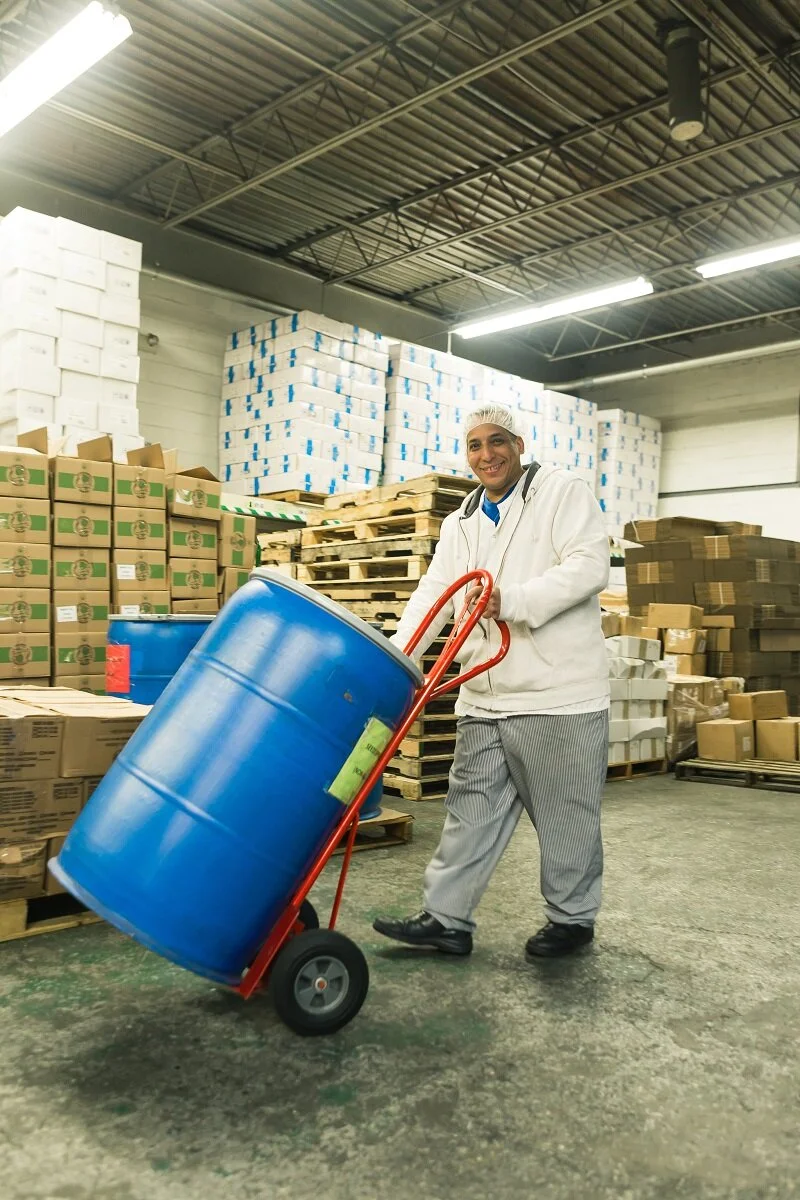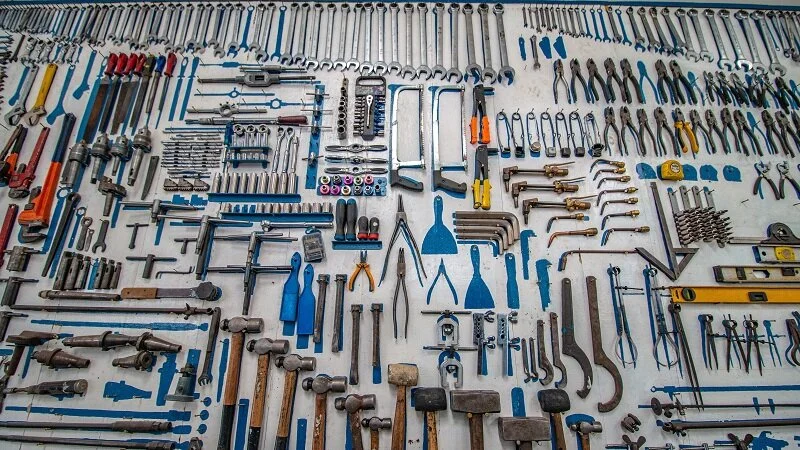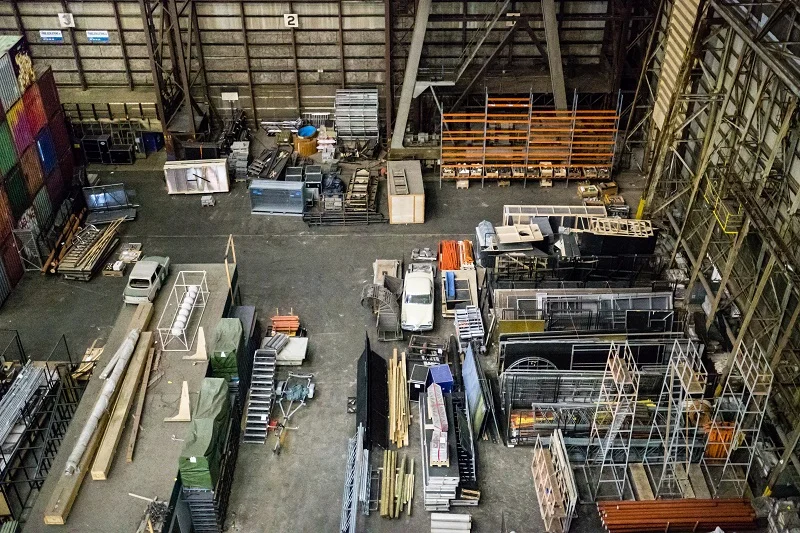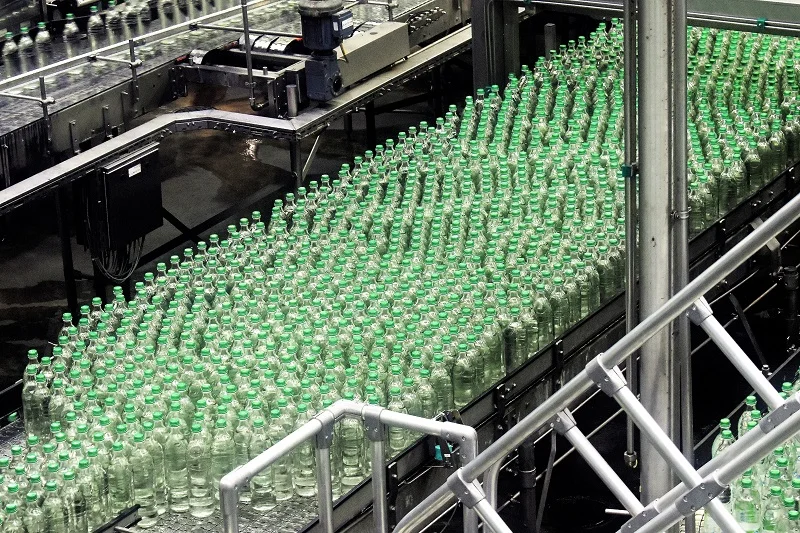Early this year, Process Improvement Partners was invited to conduct a site assessment for a packaging company in western Pennsylvania. The facility was operating a new technology that wasn’t performing to expectations. They wanted to identify opportunities to improve their situation using the engagement and empowerment of their employees.
Read More
Armstrong World Industries makes billions of square feet of ceiling tiles every year, shipping to locations all around the world. Most of these tiles are white. The remainder are off-white or a few standard colors. If a customer wants non-standard colors, until recently, Armstrong used an outside vendor.
Read More
I was Lean Champion for the global technology team at Armstrong World Industries for many years. During that time, I supported teams of technicians, scientists, engineers, project managers, and the leadership team across four different departments. I had the good fortune to assist teams in their efforts to develop and launch new products, deploy capital equipment, and build factories all over the world. All departments had access to the Pilot Plant to support their efforts when necessary.
Read MoreProcess Improvement Partners was invited to help a gummy vitamin manufacturer reduce their changeover time. Walking through the process with the sponsor, we felt that we could attain a sustainable 50% reduction in time, while improving the safety of the process and engaging the team with a winning attitude.
Read MoreIn 2005, I was working in the central engineering group for Armstrong in Lancaster PA. One day, while I was sitting in my cubicle, the CEO of our division came up to me and told me that he needed my help at our newly acquired cabinet plant in Auburn Nebraska. I asked him what help I could provide. He looked at me and said, “Fix it – you’ll know what I mean when you get there.”
Read MoreSometimes we make things more complicated than they have to be. When we remove the complexity, things seem to get better. I have learned this lesson many times, but my trip to Macon Georgia proved it to me and my team.
Read MoreIn June 2019, Process Improvement Partners was asked to help a leading consumer brands company execute its first Kaizen event in the history of its New Jersey factory. I came to the factory for a site assessment and determined there were many good candidates for their first Kaizen. After further discussions, we identified the first area for Kaizen.
Read MoreIn 2011, I was asked to facilitate a Kaizen in Pensacola Florida. The problem to be solved was to improve material flow through the plant. Specifically, there were millions of square feet of goods in process, and items were getting lost, damaged, and generally causing confusion and chaos in the plant.
Read MoreAs a young engineer at Thomasville Furniture, I was given project assignments at the discretion of my manager. He gave me ample opportunities to try out different ideas and supported my efforts. I spent many hours in our manufacturing facilities and was fascinated by the complexity of the manufacturing processes. Many of these processes were extremely labor-intensive and required great skill to accomplish. One such task was the assembly of the base frames of case goods, such as night stands, dressers, and other cabinet style products. These frames were the support structure of the furniture and had to be strong and sturdy to hold up to the years of abuse that furniture sees in its lifetime.
Read MoreIn all my years doing continuous improvement work, I worked with teams during Kaizen events of short duration, or influencing continuous improvement behavior daily. Never did I think I would be doing 6 months straight of Kaizen. That is, until the Armstrong Lockout.
Read MoreI started working for Thomasville Furniture out of college as an Industrial Engineer. Born and raised in Maryland and working in North Carolina, I was called “Yankee,” and I had to prove myself worthy every day. I felt like I was up for the challenge. My mother reminded me I was born south of the Mason Dixon line, but it didn’t seem to matter to North Carolina natives.
Read MoreProcess Improvement Partners was brought in to help a consumer goods manufacturer cut their changeover time (the time it takes to switch tooling and equipment over from one product to another) in half. By doing so, they would be able to reduce inventory and improve process performance.
Read MoreProcess Improvement Partners was asked to develop and deliver a global cost reduction ideation session for a leading consumer products manufacturer. In early phone conversations with the client, we discovered that prior attempts at this effort had less than desirable results. The next logical step was to visit the client and discuss the approach for the session.
Read MoreThe Corporate Quality Manager of a suspended ceiling manufacturer had a problem. When he wanted to check for defects on ceiling tiles, he had them shipped from the manufacturing plant and installed in ceiling grid in the corporate testing facility. This 12’ x 24’ ceiling grid configuration was adjacent to a large bank of windows. He then waited for the weather to cooperate. You see, he wanted the proper angle of sunlight to shine across the face of the tiles, and depending on the time of year and weather conditions, he might have to wait weeks to assess the quality of the tiles. The windows were often obstructed with testing materials, which made access and viewing even more difficult.
Read MoreIn 2011, I was asked to assist a team in Pensacola, FL who wanted to improve processes in their distribution center. We were given four days to accomplish our task – reduce shipping damage by 50%. This was a tall order, but the team was up for the challenge.
Read MoreA global consumer goods manufacturer was experiencing high levels of downtime, jams, and long changeovers on a critical production line. They invited Process Improvement Partners to their plant to observe and discuss the problem and identify opportunities for improvement. After reviewing performance, we took a walk to the line. The line was running, and after a description of line components, it became apparent there were quick opportunities to improve performance of the line. The techniques we would use were quite basic: leveling, squaring, aligning, and centering of products with the process. It seemed so simple, and the customers were skeptical. We suggested a five-day Kaizen to improve line reliability, scheduled for January 2019.
Read MoreA large, multi-national company started their Lean journey in 2010. The company brought in consultants, who facilitated and guided Kaizen events and coached leaders at every manufacturing site around the world. One of their plants, in central Ohio, had a strong culture of employee engagement and was expected to lead the other plants in positive outcomes resulting from the Kaizen events. Early on, they weren’t able to identify an internal leader of their continuous improvement journey, so I was asked to act as the interim “Lean Champion” for the plant.
Read MoreA global ceilings manufacturer wanted to improve the safety and productivity of its testing facility. Over the years, many capabilities had been added to the facility without regard to the needs of the technicians who worked there. Because of this and the lack of a managing system to ensure the organization and productivity of the facility, the technicians took it upon themselves to hold an annual “cleanup week” at the end of the year. All technicians would stop their project work and devote their time to go through equipment, materials, and spaces and clean out any clutter they felt they could get rid of.
Read MoreA leading consumer products company shipped millions of boxes of goods weekly. Most of the time, large quantities of the same products were shipped on a wooden pallet, and loaded on a truck. The distribution center employees were used to picking full pallets of products out of racks, placing one label on the entire pallet, and then, placing the pallet of goods on a truck. In recent years, Amazon entered into an agreement with the company, and turned their efforts upside down.
Read MoreA North American ceilings manufacturer was closing a plant that produced a product no other plant in the division could manufacture, due to specialized, but obsolete technology. They had a customer who was buying millions of square feet of this product annually. They knew they had to come up with an alternative the customer would approve of and keep buying after the old plant was closed.
Read More




















